A climate rulebook for uncertain times
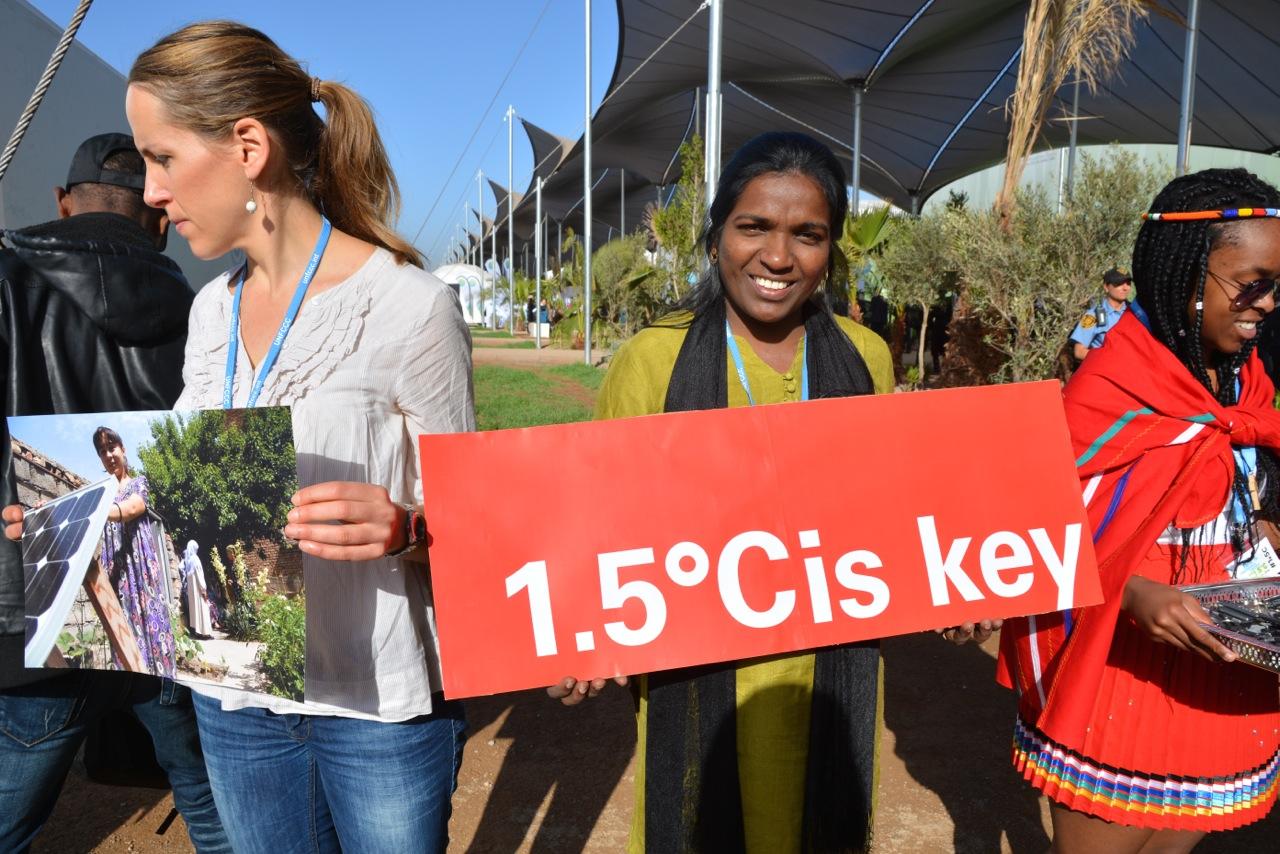
What lies ahead following the UN climate talks in Marrakech? Delegates headed home with the knowledge that despite the Paris climate accord, the uncertain international political context meant the hard work was only just beginning.
Since principles for international climate change policy were laid out in Paris last year, the Marrakech talks were intended to draw up how the agreement would be implemented, in a so-called Paris ‘rulebook’.
Switzerland’s chief climate negotiator, Franz Perrez, told swissinfo.ch that while a “work programme” for deliberating issues was agreed, “it was a pity that we didn’t fully utilise the time in order to deepen different issues”.
The rulebook has to be completed by 2018, when countries will also review their national targets, which have been set according to scientific information.
At the Marrakech summit Switzerland had asked to extend technical deliberations beyond the first week of the conference, as is commonly the case. Doris Leuthard, Switzerland’s environment minister, said the delegation was “a bit disappointed” that the more technical and legal work had been “neglected”. “Delegations come to work hard, not to celebrate.”
Defining finance
Finance was a top issue at the climate talks. Developed countries presented a “roadmap” shortly before the start of talks showing how they would reach $100 billion in support to developing countries. The move was welcomed in a statementExternal link at the close of the talks.
Jürg Staudenmann of Swiss NGO Alliance Sud said however that the methodology used to calculate funds that rich countries pledge to contribute was “disputable”. “There are loans that have to be repaid, insurance and contributions to multilateral banks, where it is difficult to distinguish which part of it is invested in climate mitigation or adaptation.”
Developing countries in Marrakech felt that funding too often goes to mitigation projects – usually larger, market-driven projects – while adaptation finance needed to increase massively to cover the costs of flooding and extreme weather they already face.
Transparency
Switzerland – which formally acted as an observer at the talks while it awaits ratification of the Paris Agreement – nonetheless took an active role in discussions about transparency in accounting for national climate change projects.
Following the submission of pledges – called nationally determined contributions (NDCs) in UN-speak – countries will be required, according to the Paris Agreement, to show evidence of their efforts and where money is going.
The Capacity-Building Initiative for Transparency (CBIT) trust fund, aimed at offering support to countries where accounting may prove onerous, was launched in Marrakech with Switzerland contributing $1 million to the initial $55 million.
“The challenge is to find a right balance between being precise enough without being burdensome,” Perrez explained.
Although the COP22 again welcomed the involvement of the private sector, including representatives from major international companies, Perrez said he was disappointed that a formal legal framework could not be established in Marrakech. “This is something that needs to be developed, a good framework that can accompany and motivate private sector actions.”
“Sometimes we don’t need politics. The economy and society anticipate what needs to be achieved,” Leuthard added.
Maybe she was referring to last year’s Swiss climate champion, Bertrand Piccard of Solar Impulse, who was in Marrakech to launch the World Alliance for Clean TechnologiesExternal link, aimed at exploiting synergies between start-ups and entrepreneurs interested in renewable energy technology.
Piccard was positive about the changes taking place beyond the negotiations. “A few years ago it was a competition to show impossible and expensive it was to fight climate change. Now it is a competition to show how profitable and possible it is.”
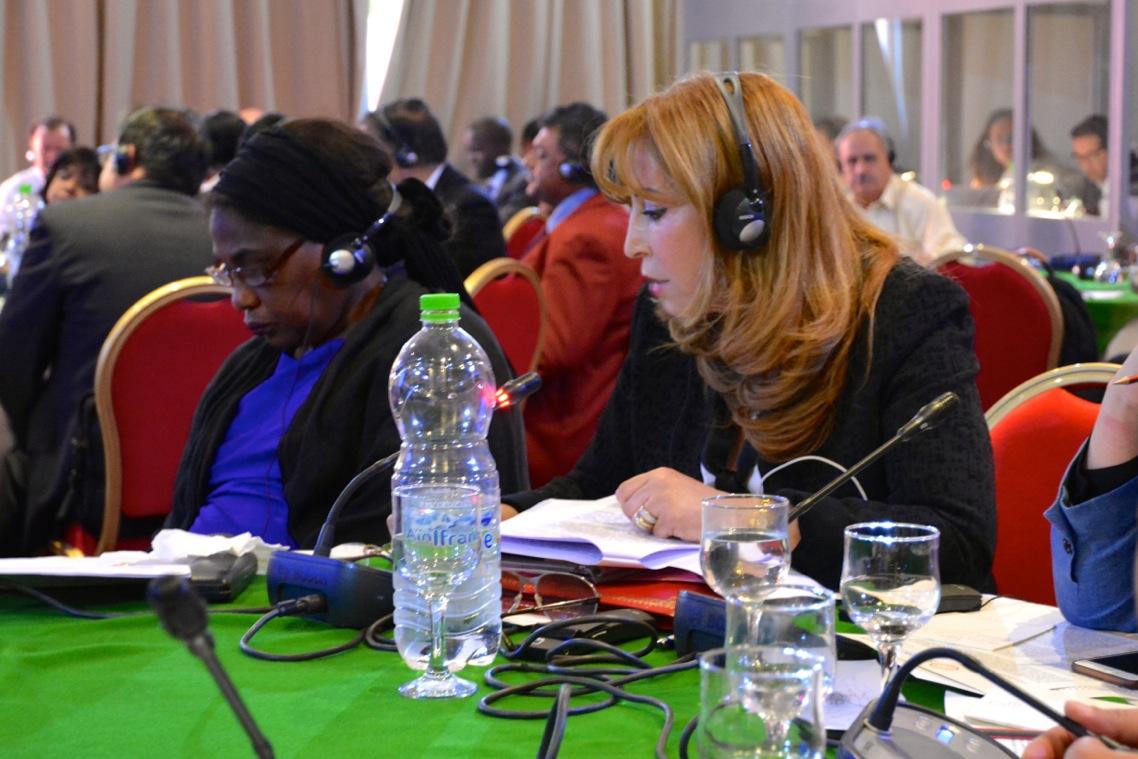
More
The MPs fighting to keep climate on political agendas
Trump effect
Often, international negotiators could be overheard asking each other if they thought Donald Trump’s election would affect the Paris Agreement considering his statement that climate change was a “hoax”. Conversations among Arabic-speaking delegates would conclude with an “Insh’Allah” (if God wills), wishing for the best outcome once he takes office in January.
Leuthard said Trump should be given a chance to assume office before assuming the policies he may adopt. “Such an office comes with a lot of responsibility. Therefore many things look different than during the political campaign.”
For Staudenmann, the election results provoked “a little earthquake” in Marrakech. But an “even bigger bang”, according to the NGO representative came with the launchExternal link on Friday of the Climate Vulnerable Forum in which 48 of the poorest and most climate vulnerable countries vowed to become 100% carbon neutral by 2050.
UNEP – the United Nations Environment Programme – warnedExternal link that global temperatures were heading to rise 2.5 to 3.4 degrees Celsius this century, way above the 1.5-2 degree limits set in the Paris Agreement.
“Until now, developing countries were being accused of not being serious enough and just wanting more money, Staudenmann said.
“Now the developing countries are really revving up the issue. The pressure will be back on developed countries like Switzerland that will have to make sure they provide the support that they promise.”
The Forum’s commitment came the day after the outgoing US delegation under President Barack Obama presented an aggressive long-term carbon-cutting planExternal link, the Mid-Century Strategy. The plan is to reduce CO2 emissions 80% “or more” by 2050, compared with 2005 levels.
Switzerland joined the US and other countries, cities and companies in the 2050 Pathway Platform, a “space for collective problem-solving” toward going CO2 neutral by the middle of the century.
While Switzerland has not yet set targets for 2050 – but aims at a 50% emissions cut by 2030External link – Leuthard said that the platform was interesting “to exchange solutions and measures that work well”.
But David Tchan, of the group Swiss Youth for Climate stressed that given the urgent situation regarding climate change, earlier international moves to curb CO2 emissions were not strong enough in the years prior to the Paris Agreement’s 2020 implementation to avoid reaching the 1.5 degree threshold.

In compliance with the JTI standards
More: SWI swissinfo.ch certified by the Journalism Trust Initiative
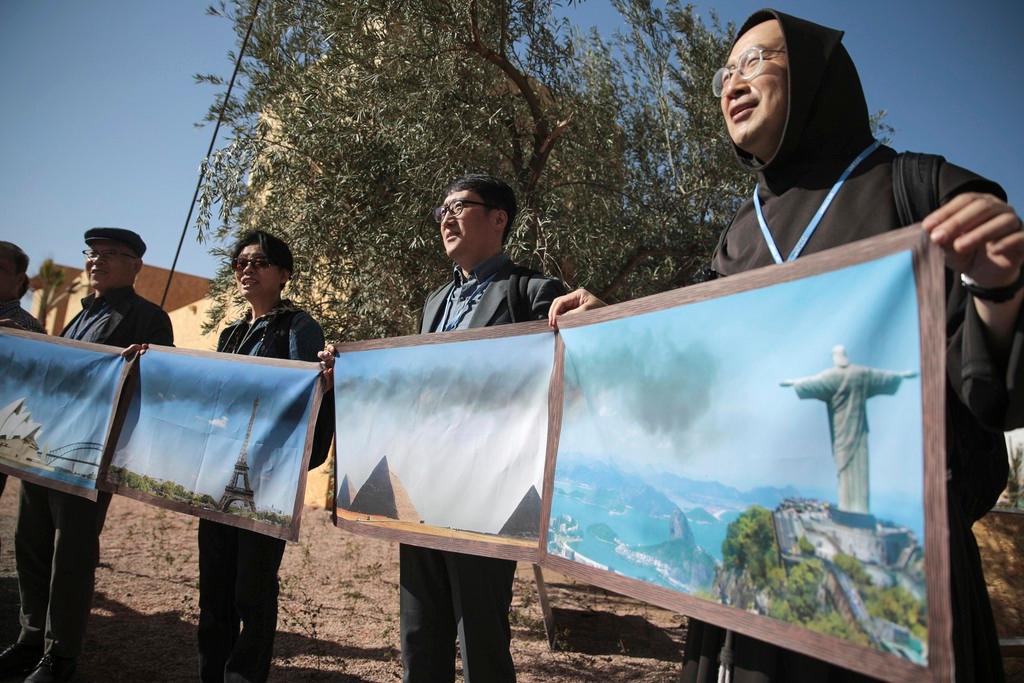

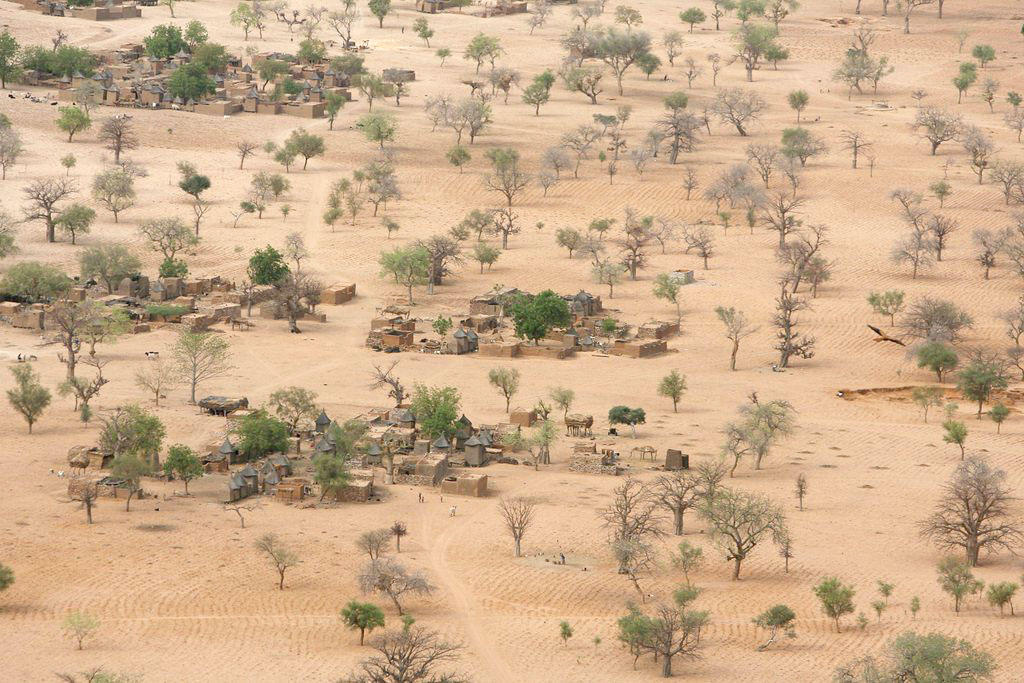
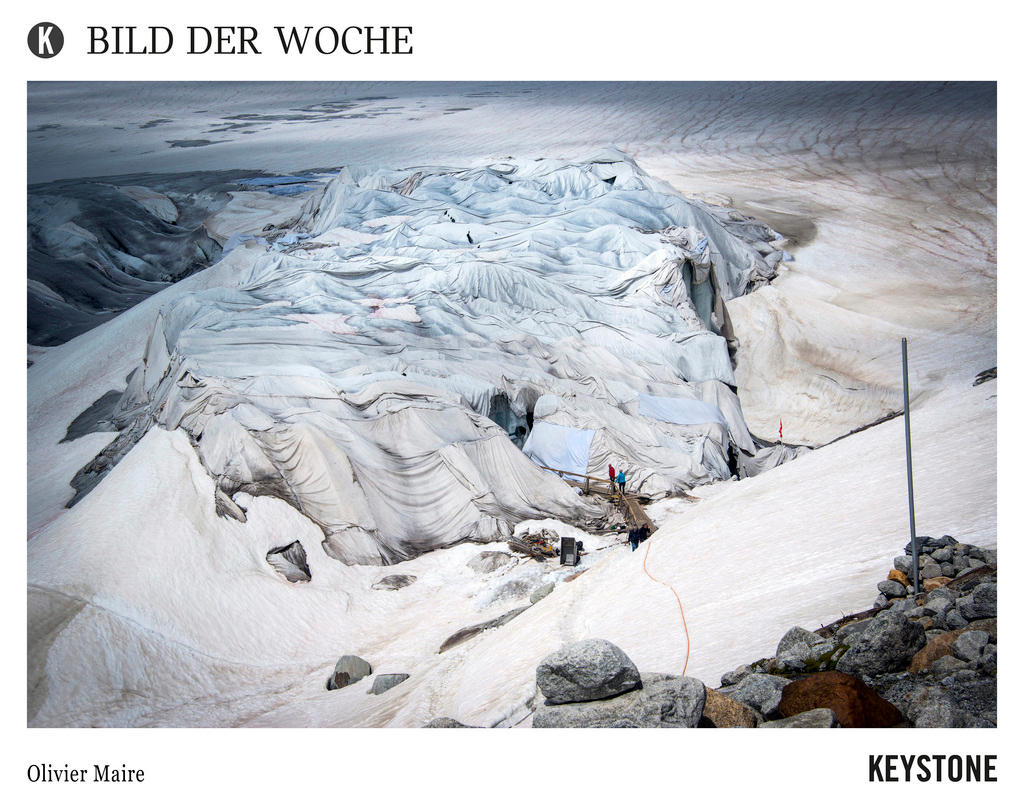
You can find an overview of ongoing debates with our journalists here. Please join us!
If you want to start a conversation about a topic raised in this article or want to report factual errors, email us at english@swissinfo.ch.